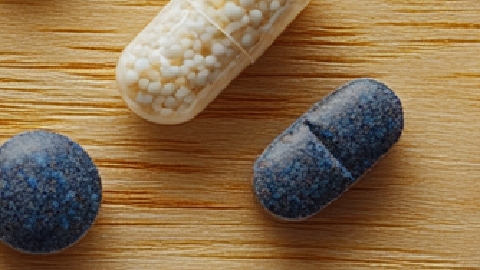What are the effects and side effects of atropine?
Generally speaking, atropine is an anticholinergic drug extracted from plants such as belladonna, datura, and scopolia. It is available in various dosage forms, including tablets and injections. The effects of atropine include pupil dilation, relief of spasms, improvement of cardiac function, suppression of glandular secretion, and antiviral effects. Its side effects may include dry mouth, blurred vision, urinary retention, increased heart rate, gastrointestinal discomfort, etc. A detailed analysis is as follows:

I. Effects
1. Pupil Dilation
Atropine is used in ophthalmology to dilate the pupils by blocking the smooth muscles of the iris, thereby effectively dilating the pupils and assisting doctors in performing fundus examinations.
2. Spasm Relief
Atropine can block cholinergic neurotransmission, thereby relieving spasms in the smooth muscles of the gastrointestinal tract and urinary tract. It is suitable for treating symptoms such as abdominal pain and diarrhea caused by intestinal spasms.
3. Improvement of Cardiac Function
By inhibiting the vagus nerve, atropine reduces the inhibitory effects on the heart, thereby increasing heart rate. It is suitable for the treatment of cardiovascular conditions such as bradycardia.
4. Suppression of Glandular Secretion
Atropine can reduce secretions from glands such as salivary and sweat glands. Therefore, it can be used to suppress saliva and respiratory secretions, reducing complications during anesthesia, and also treats conditions such as hyperhidrosis and excessive salivation.
5. Antiviral
Atropine can be used to treat poisoning from certain toxins, such as organophosphorus pesticide poisoning, by inhibiting the effects of the toxin on the nervous system, thereby alleviating symptoms of poisoning.
II. Side Effects
1. Dry Mouth
Atropine can inhibit salivary secretion, causing patients to experience dryness and discomfort in the mouth after taking the medication.
2. Blurred Vision
Atropine can dilate the pupils, leading to astigmatism of the pupils and subsequently causing blurred vision. This side effect is usually temporary, and vision gradually returns to normal as the drug is metabolized and excreted.
3. Urinary Retention
Atropine can inhibit the contraction of the bladder's smooth muscles, leading to urinary retention. This side effect is more common in elderly individuals and patients with benign prostatic hyperplasia, requiring special attention.
4. Increased Heart Rate
Atropine can inhibit the vagus nerve, resulting in an increased heart rate. Patients with cardiovascular diseases may also experience symptoms such as palpitations and angina pectoris.
5. Gastrointestinal Discomfort
Atropine can inhibit the contraction of gastrointestinal smooth muscles, slowing peristalsis and causing gastrointestinal discomfort such as nausea, vomiting, and bloating.
When using atropine, strictly follow medical instructions, monitor bodily reactions, and seek medical attention promptly if adverse effects occur.









